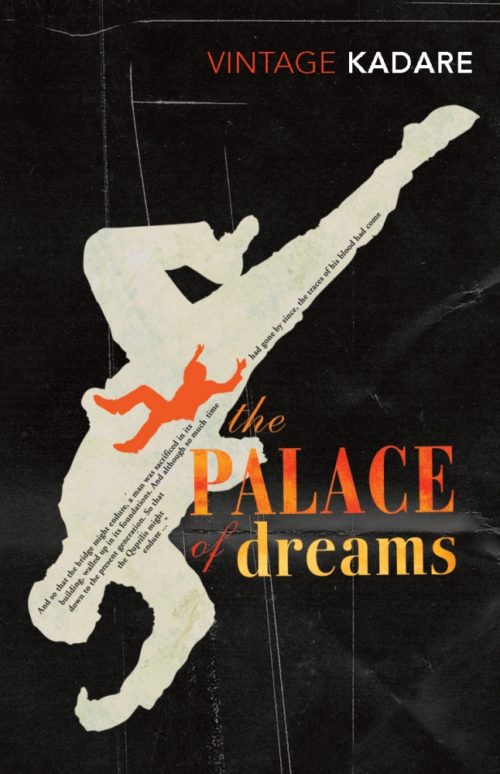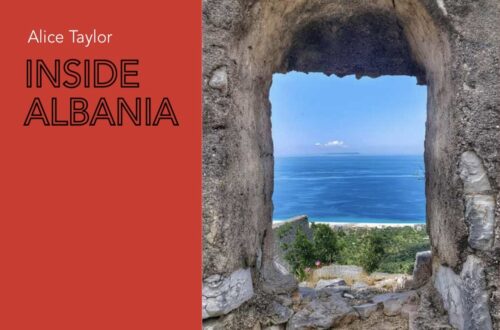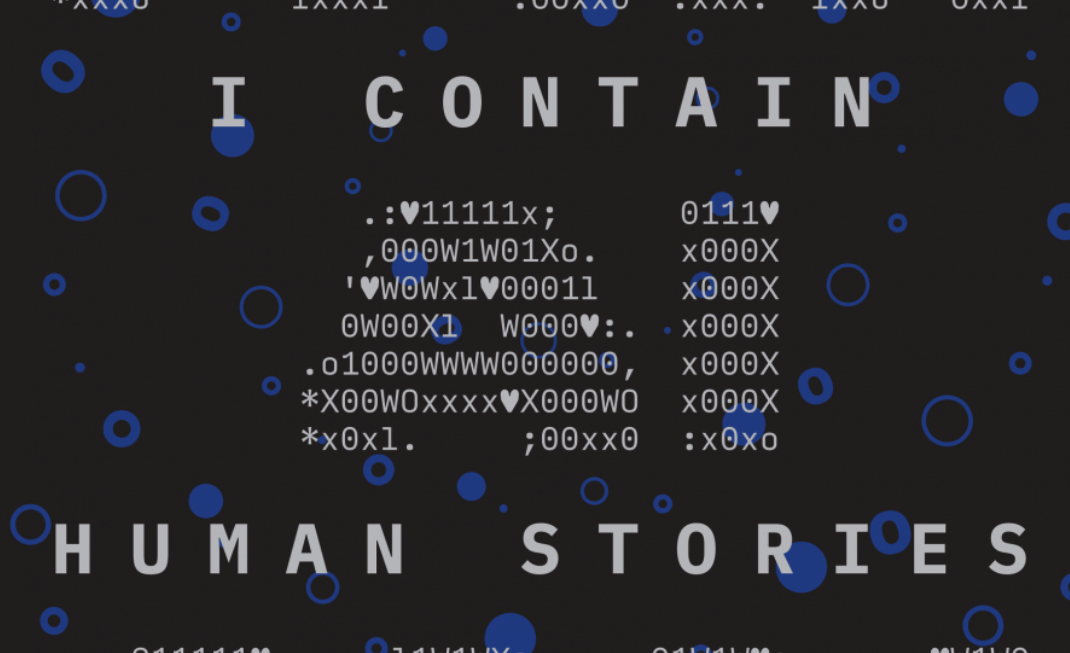My first dalliance with Albanian literature came in the form of “Palace of Dreams” by Ismail Kadare. Given to me as a birthday present by a dear friend and his wife, I was instantly intrigued by the title and the fact that it was a local author.
Ismail Kadare was born in Gjirokastter, Albania in 1936 and is a novelist, poet, essayist, and playwright. He is one of, if not the countries leading literary figure and has been renowned and revered for his work since the 1960s. Famous both inside and outside of Albania, he was a lifetime member of the Academie des Sciences Morales et Politiques of France, as well as receiving the Prox Mondial Cino Del Duca, the Herder Prize, the Man Booker International Prize, the Prince of Asturias Award of Arts, the Jerusalem Prize, and was also awarded the Commandeur de la Legion d’Honneur in 2016. Kadare is widely regarded as one of the greatest European writers and intellectuals of the 20th century, as well as a leading voice against totalinariasm.
Pallati I Endrrave, or “The Palace of Dreams” was released in 1981. Set in an anonymous part of the Ottoman empire, it is deliberate in its implications that it is referring to Albania at the height of communism. The story tells the tale of a young Ottoman Albanin, Mark-Alem who, hailing from the prestigious Koprulu family, lands a role working in the beaureaucratic regieme of a shady government ministry, whos purpose is to gather and analyse the dreams of the empires subjects in order to uncover the future destiny of the state. The book is considered to be a masterpiece, but was banned by Ramiz Alia (Enver Hoxha’s successor) within two weeks of publication, despite it already having sold out.
My first thoughts on reading the book was that it was similar in its concept to favourites such as Brave New World, and 1984. Set in a sort of dystopian parallel universe, the idea of a totalitarian, omnipotent and omnipresent government watching over the (apparently) loyal subjects is a theme that has underpinned some of literatures greatest tales in the last 100 years and it is also a theme that I adore.
I particularly enjoy Kadare’s way of writing- his bleak style completely compliments the picture he paints us of Mark-Alem’s world. I imagine a place with no colour, no joy, and no life where every ounce of optimism is crushed and supressed. This is how his writing makes me feel, and I imagine the world he creates and the feelings it evokes are designed to give us a brief snapshot into what life was like during the communist era in Albania. At the same time, I think that Kadare writes with his tongue in his cheek, wanting to provoke a response- something that he most definitely achieved at the time.
Unlike the Ministry of Truth imagined by Orwell, or the Bureau of Guardians from the mind of Zamyatin, the Tabir Sarrail is the nerve centre of the Ottoman Empire where the dreams of citizens are submitted for analysis and presentation to the Sultan. Coming from a prominent family, the protagonist quickly moves through the ranks of the Tabir and despite his hesitance and lack of willing, he soon falls under the spell of the hermetic, disconnected world of the palace. As his family name and reputation undergoes some trials and tribulations, he believes that his success will be short lived until his luck changes and he finds himself becoming powerful beyond his wildest imagination.
The underlying theme of the book, and the obvious deceptions that it portrays are ones of immense Albanian nationalism and pride, suffering under the weight of state bureaucracy and political dictatorship. The Palace of Dreams also succeeds in providing a very real, very public and very accurate record of the human events that took place around the time of writing. The way he delicately obscures the view of this other world gives a new meaning to the title, complete with an undeniably ironic sneer.
This is a must read.
Follow The Balkanista!



